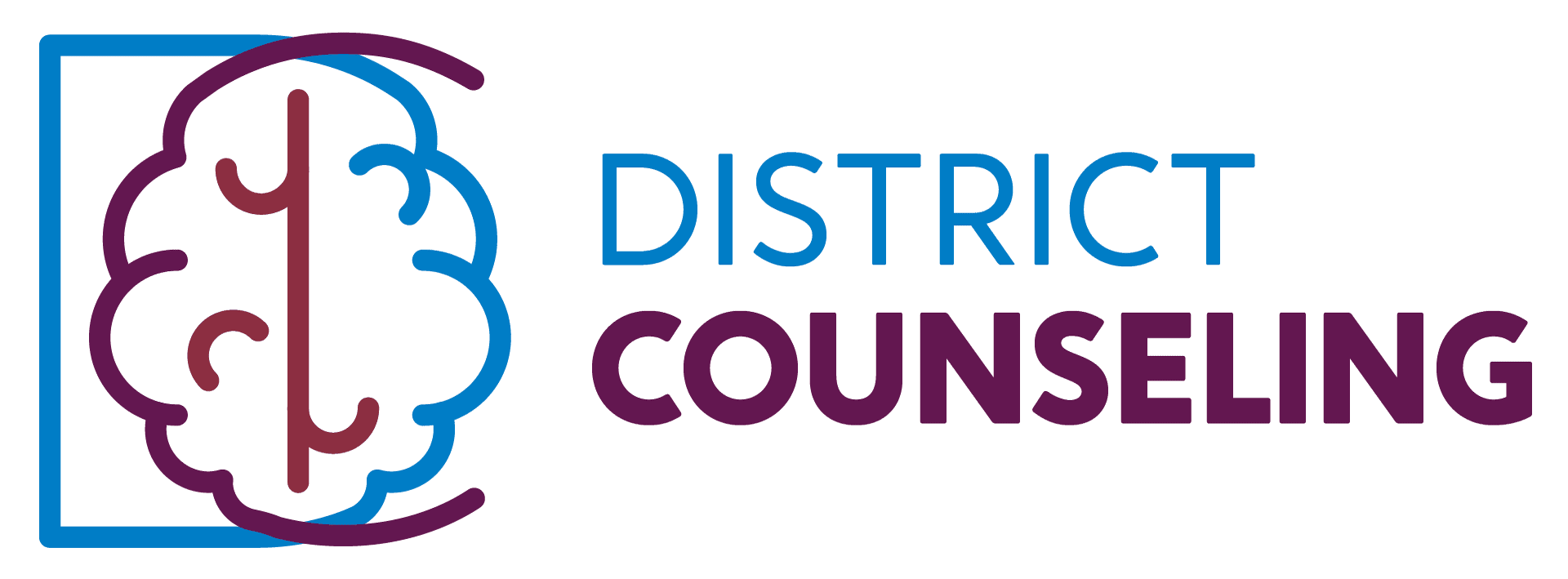You are ready for change, and you want the right kind of support. Maybe you are stuck on goals. Maybe you are managing heavy emotions or past experiences. Understanding the difference between a life coach and a
licensed therapist helps you choose the best path forward with confidence.
In this guide, we explain what each professional does, when to choose one over the other, and what to expect. We also share our perspective at District Counseling in Texas, so you can make an informed, empowering
choice
What a life coach does exactly
A life coach focuses on the present and the future. Coaching is goal oriented and action focused. You and your coach define clear objectives, map steps, and track progress. Sessions often cover:
- Career planning and transitions
- Building habits and routines
- Time management and productivity
- Confidence, communication, and leadership skills
- Accountability and motivation
Coaches ask powerful questions, reflect your strengths, and help remove practical barriers. Coaching is not clinical treatment. A coach does not diagnose mental health conditions, treat trauma, or provide psychotherapy.
Therapist vs. life coach, the core differences
Both support growth, but they serve different needs.
- Training and licensure: Therapists are licensed mental health professionals. They complete graduate degrees, supervised clinical hours, licensure exams, and ongoing education. Coaches can hold training or
certifications, but no degree or license is legally required to call oneself a coach in many places. - Scope of practice: Therapists assess, diagnose, and treat mental health concerns. They address anxiety, depression, trauma, grief, relationship issues, and more. Coaches work with functional clients on goals and
performance. They do not treat mental health disorders. - Depth and method: Therapy explores thoughts, emotions, behaviors, patterns, and sometimes family of origin or past events to promote healing and change. Coaching centers on strategies and execution to
move you toward a defined outcome. - Safety and ethics: Therapists follow strict ethical standards, privacy laws, and evidence based modalities. Many coaches hold themselves to strong ethics, but standards vary by training body since there is no
universal regulation.
Do you need a degree to be a life coach?
No. You do not need a formal degree to be a life coach. There are reputable training programs and certifications that improve skills and credibility, such as ICF accredited programs, but these are not the same as a state
license. A certified life coach may demonstrate training and a code of ethics; a licensed therapist must meet state licensing requirements and is regulated by law.
Are life coaches worth it?
They can be, when your needs fit the coaching model. If you are mentally stable, not in a crisis, and you want structure, accountability, and strategy to reach defined goals, coaching can be a strong investment. You might
hire a coach to accelerate a promotion, rebuild routines after a move, or sharpen leadership skills.
Coaching is not a replacement for therapy. If you are dealing with persistent sadness, panic, sleep changes, avoidance, intrusive memories, past trauma, or thoughts of self harm, a licensed therapist is the safer and more
effective choice. Therapy gives you a clinical space to heal and develop coping tools, then you can add coaching for performance later if you want.
When therapy is the better fit
Choose therapy when any of the following are present:
- Distressing symptoms that disrupt work, school, or relationships
- Trauma history, PTSD symptoms, or lingering effects from painful events
- Anxiety, panic, or persistent low mood
- Grief, loss, or major life changes that feel overwhelming
- Relationship conflict, communication breakdowns, or family stress
- Concerns about attention, mood regulation, or learning differences
At District Counseling, we provide evidence based care for a wide range of needs across Texas. If you are noticing persistent worry, irritability, low energy, or avoidance, our team offers counseling for depression and anxiety
to help you find relief and build lasting skills. If your concerns relate to distressing memories or past harm, working with a trauma therapist fort worth can help you process and heal in a safe, supportive space
When a life coach may be the right call
Consider coaching if:
- Distressing symptoms that disrupt work, school, or relationships
- Trauma history, PTSD symptoms, or lingering effects from painful events
- Anxiety, panic, or persistent low mood
- Grief, loss, or major life changes that feel overwhelming
- Relationship conflict, communication breakdowns, or family stress
- Concerns about attention, mood regulation, or learning differences
At District Counseling, we provide evidence-based care for a wide range of needs across Texas. If you are noticing persistent worry, irritability, low energy, or avoidance, our team offers counseling for depression and anxiety
to help you find relief and build lasting skills. If your concerns relate to distressing memories or past harm, working with a trauma therapist in Fort Worth can help you process and heal in a safe, supportive space.
When a life coach may be the right call
Consider coaching if:
- Your mental health is stable and you want to perform at a higher level
- You have clear goals and want accountability
- You are seeking strategic planning, feedback, and action steps
- You want to build habits with regular check ins
You can also combine services. Some clients use therapy first to stabilize mood, improve coping, and address trauma. Then they add coaching to pursue career or wellness goals with momentum.
How District Counseling guides this choice
Our first step is listening. We clarify your goals, your history, and your current stressors. If therapy is appropriate, we match you with a licensed clinician who uses approaches like CBT, ACT, mindfulness based therapies,
EMDR, and person centered care. If coaching fits, we discuss what a coaching plan would look like and how it differs from therapy, so you feel comfortable with your next step.

Arely Ambriz
November 14, 2025
Houston, We Have a Weekend: Navigating Your Final Descent into Work-Life Balance
Discover how global crises impact your well-being and learn practical grounding techniques like 5-4-3-2-1 to manage anxiety and compassion fatigue in a fast-paced world....

Arely Ambriz
November 13, 2025
Beyond ‘Please’ and ‘Thank You’: How World Kindness Day Reveals the Secret to a Stronger Relationship
Discover how global crises impact your well-being and learn practical grounding techniques like 5-4-3-2-1 to manage anxiety and compassion fatigue in a fast-paced world....

Arely Ambriz
November 12, 2025
Finding Your Footing When the World Feels Heavy
Discover how global crises impact your well-being and learn practical grounding techniques like 5-4-3-2-1 to manage anxiety and compassion fatigue in a fast-paced world....

Arely Ambriz
November 11, 2025
Beyond the Parade: A Veteran’s Silent Battle in the Breakroom
Help veterans navigate civilian transition. Learn about mental health challenges, workplace integration, and crucial support like counseling and psychiatry in Texas....

Arely Ambriz
November 10, 2025
When the Storm Hits on a Monday: Finding Your Way Back to a New Beginning
Discover resilience in the face of life’s storms. Whether it’s Typhoon Fung-wong’s aftermath or personal challenges, learn how to rebuild with courage, small steps, and community support. Explore actionable strategies...

Arely Ambriz
November 6, 2025
Beyond the Screen: Are Our Digital Habits Silently Harming Our Relationships?
Combat mid-week stress and “mental smog” with actionable strategies like box breathing and worry windows. Learn when to seek professional support from a therapist or psychiatrist in Texas or Houston...

Arely Ambriz
November 5, 2025
When the Air Isn’t Clear: Managing Mid-Week Stress in a Hazy World
Combat mid-week stress and “mental smog” with actionable strategies like box breathing and worry windows. Learn when to seek professional support from a therapist or psychiatrist in Texas or Houston...

Arely Ambriz
November 4, 2025
Beyond the Burnout: Answering Your Top Questions About Workplace Stress in Texas
Work stress impacting your well-being? Learn to identify “too much” stress, how managers can support mental health, and confidential options for help. Prioritize your well-being....

Arely Ambriz
November 3, 2025
The Day You Choose a Different Path: Finding Your Courage for a New Beginning
Discover the courage to embrace new beginnings. Learn to acknowledge endings, chart your path, and find the mental fortitude to transform your life, with support from professionals in Texas....

Arely Ambriz
October 31, 2025
Your Weekend is Calling, But Is Your Brain Answering? How to Unplug in an Over-plugged World
Learn how Orson Welles’ infamous “War of the Worlds” broadcast can teach you to avoid miscommuniLearn how to reclaim your weekends and disconnect from work with practical strategies like creating...

